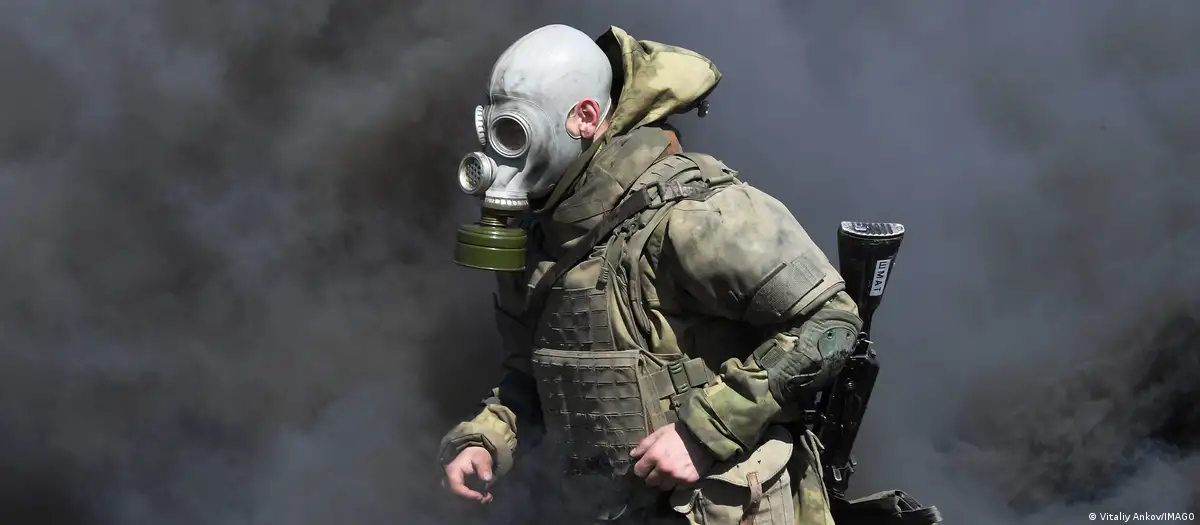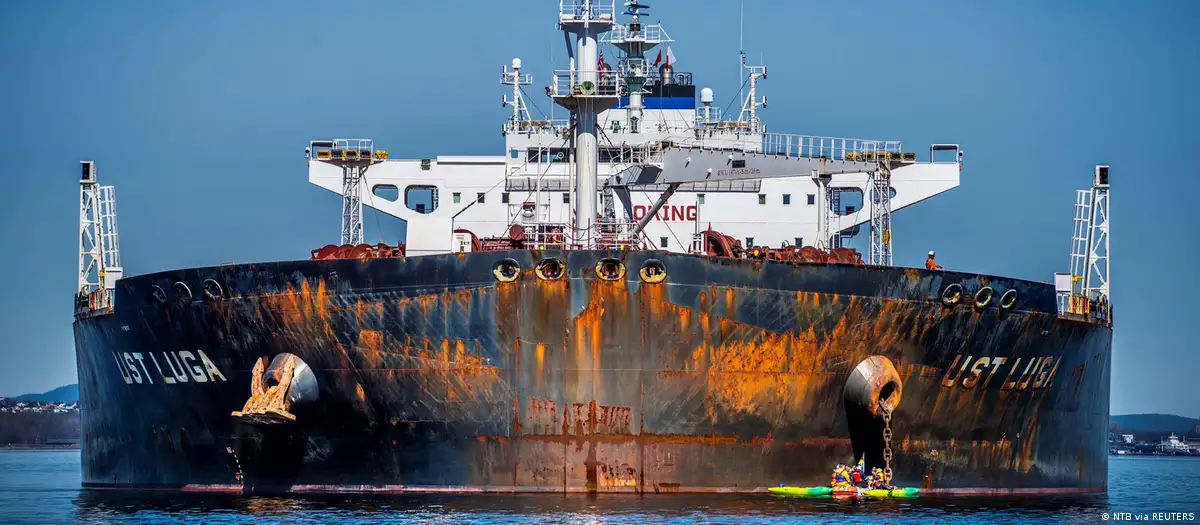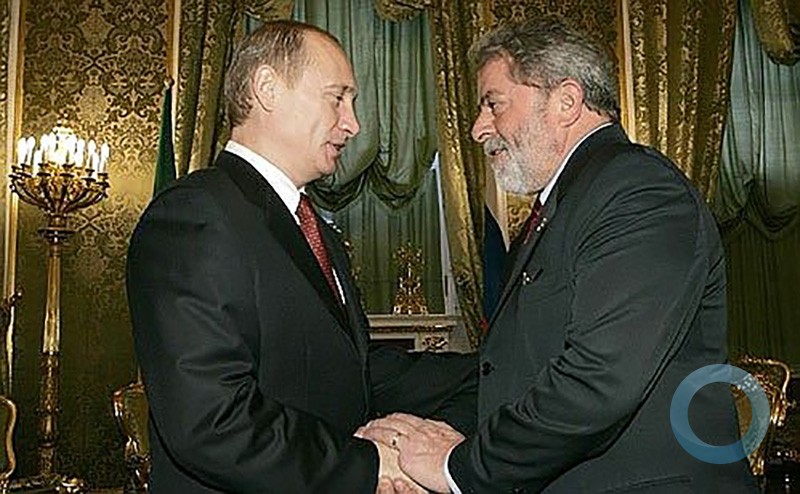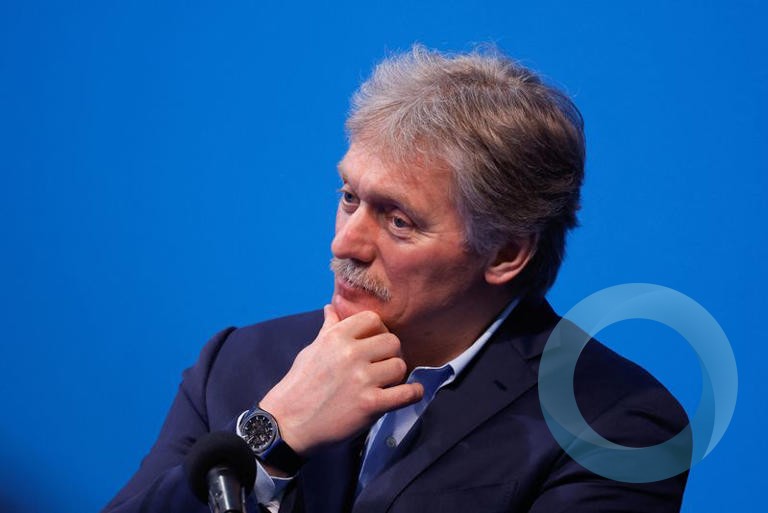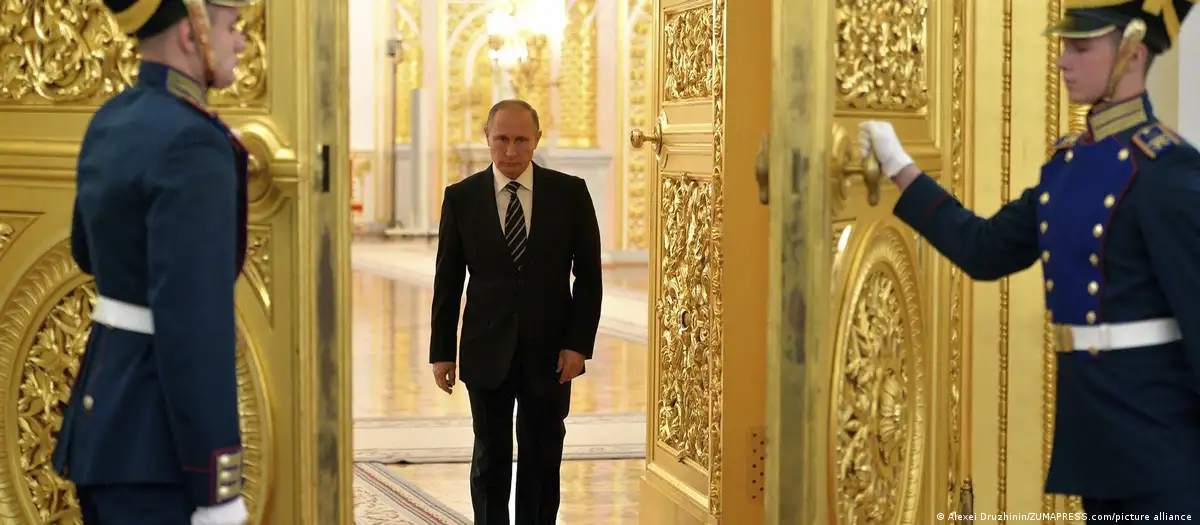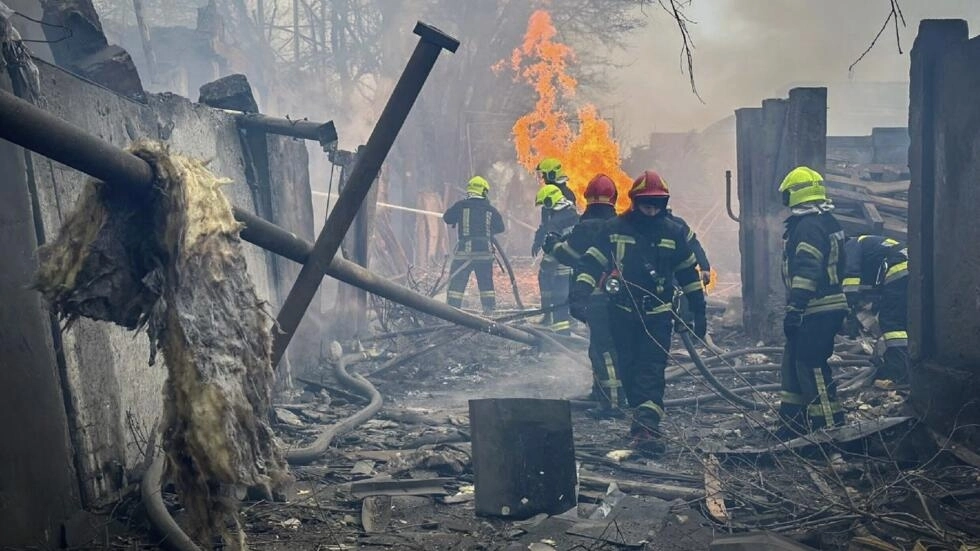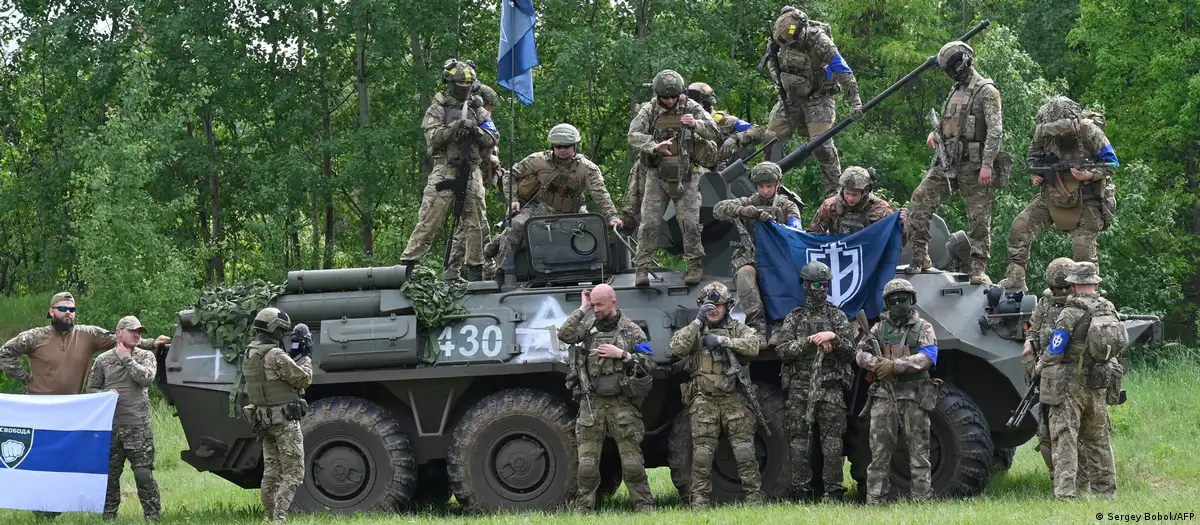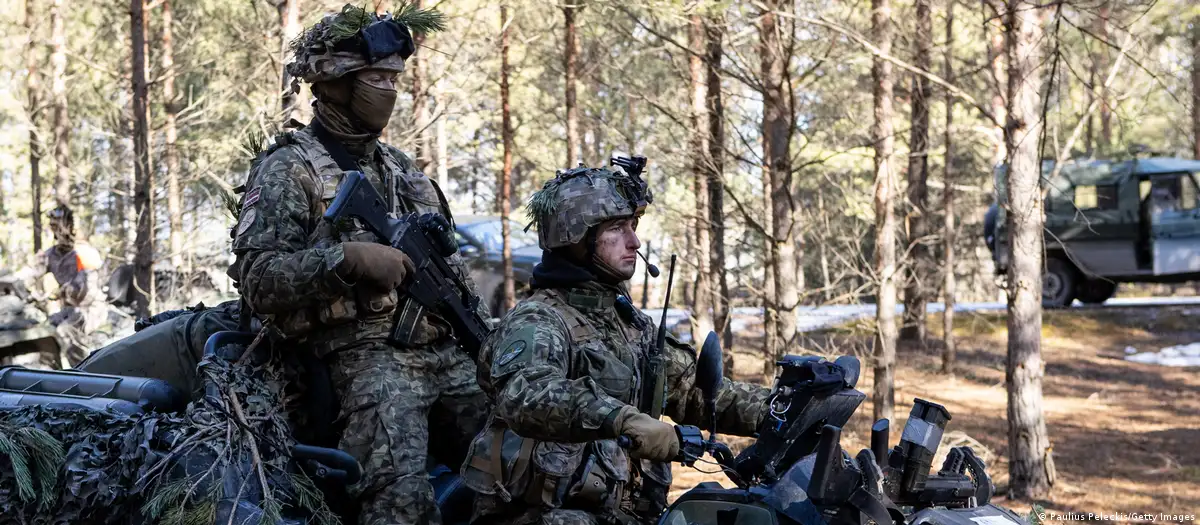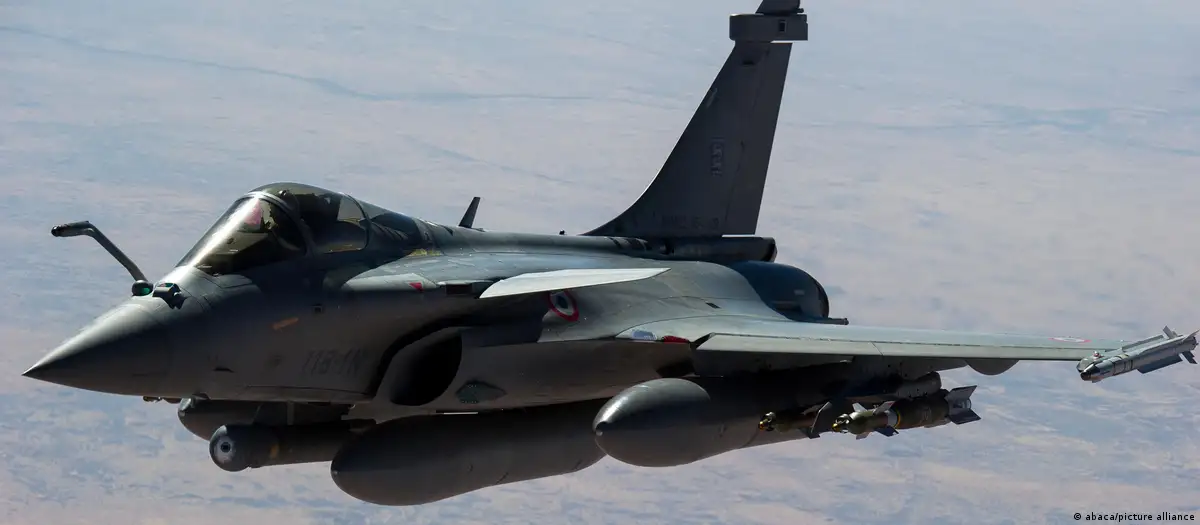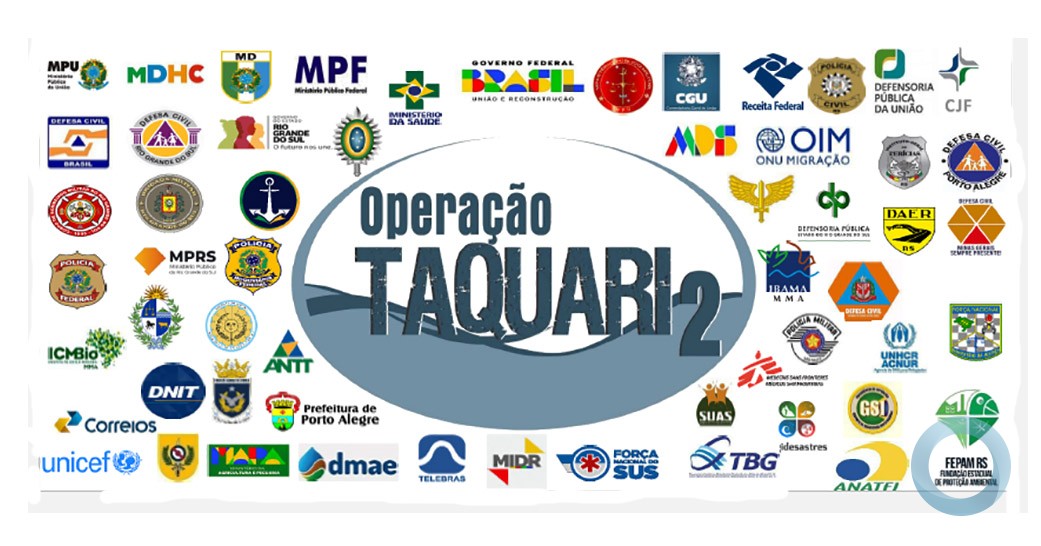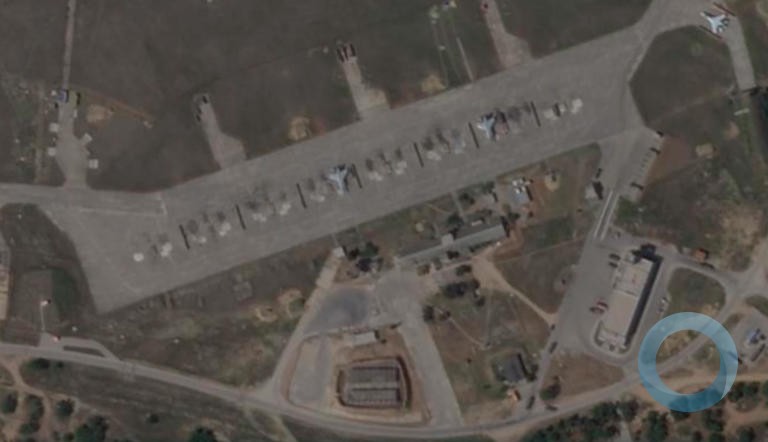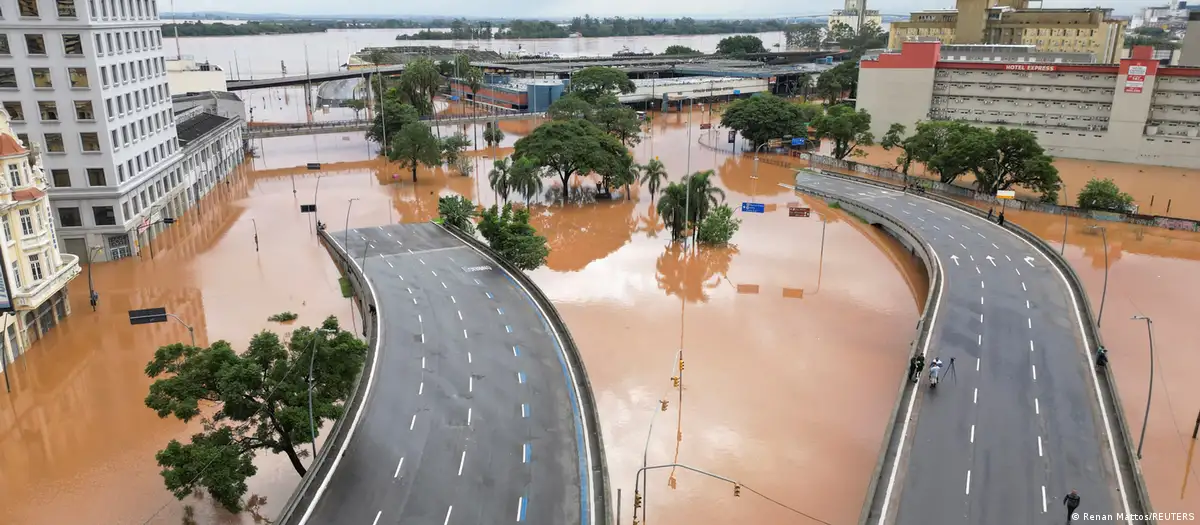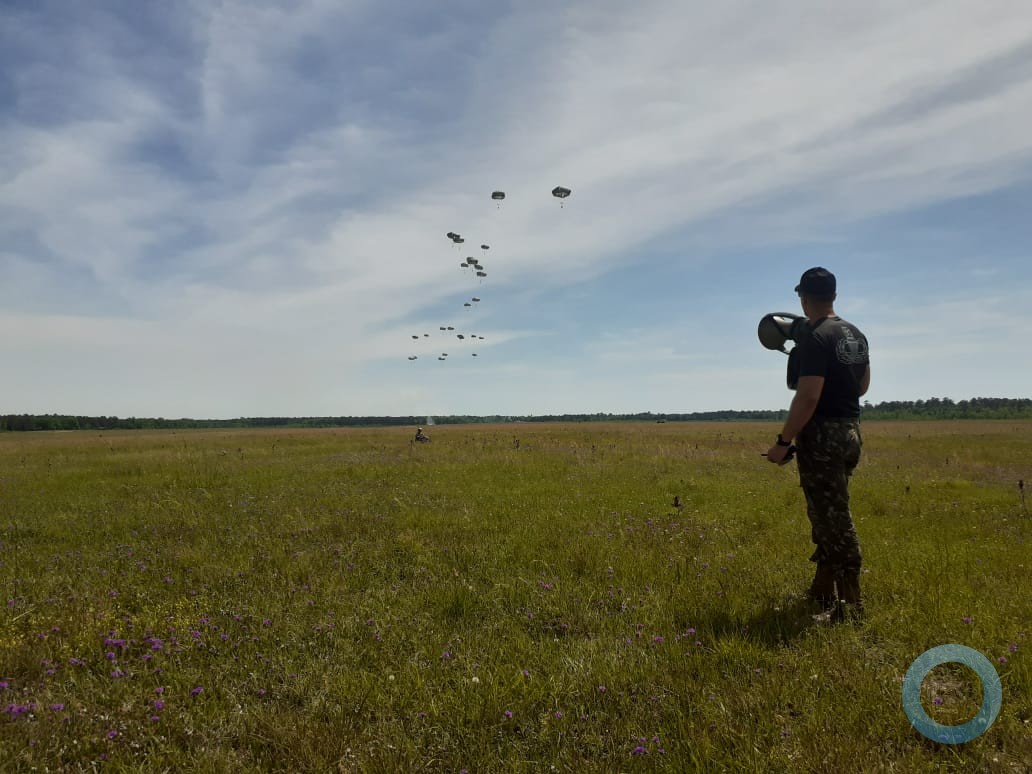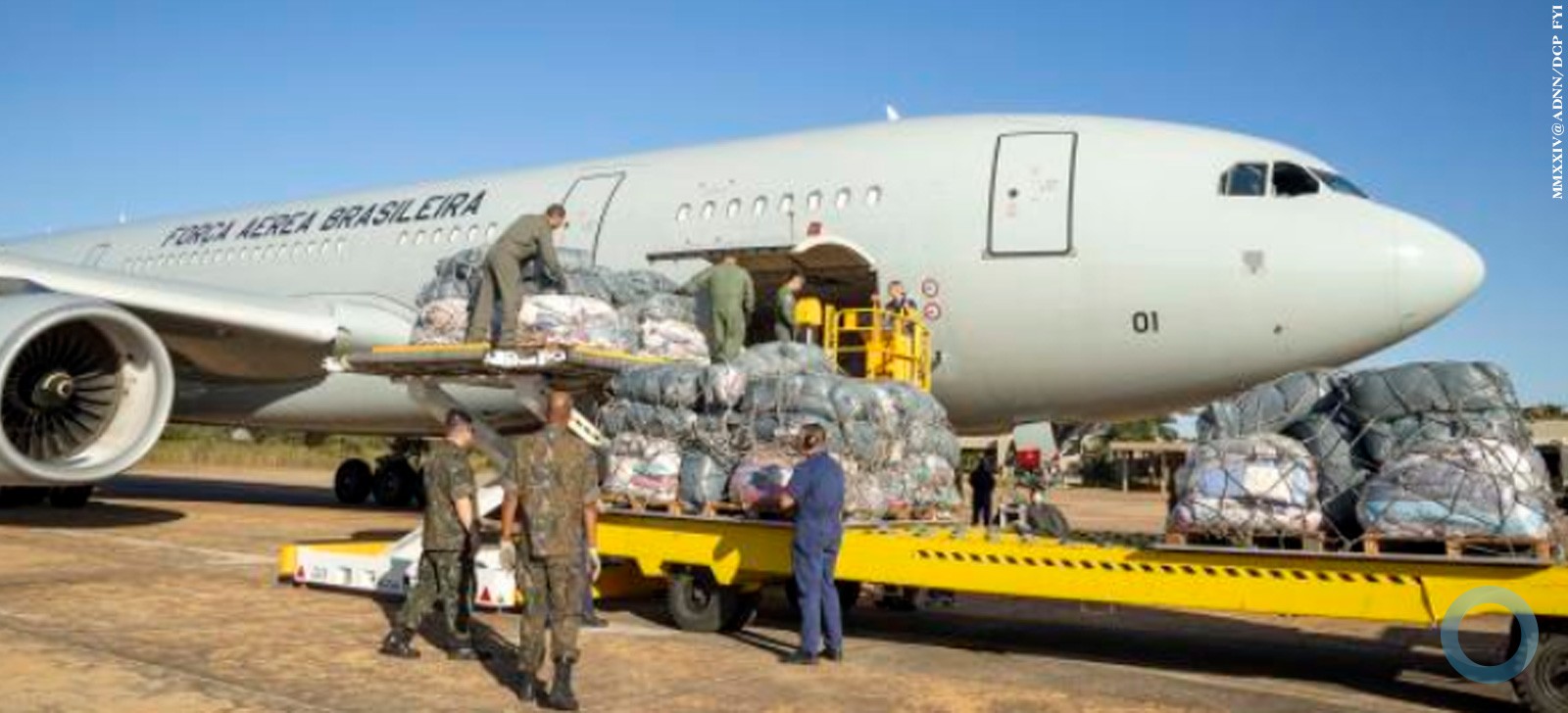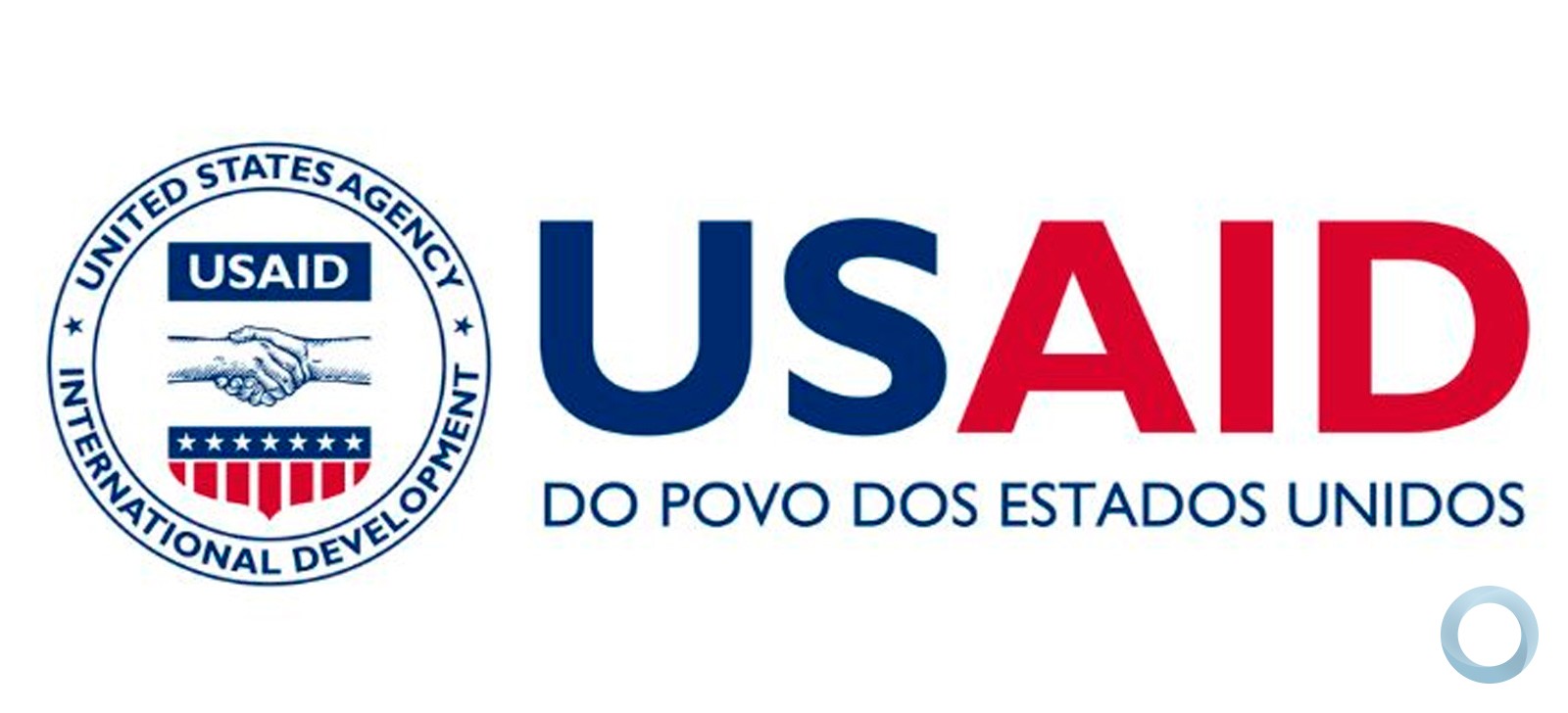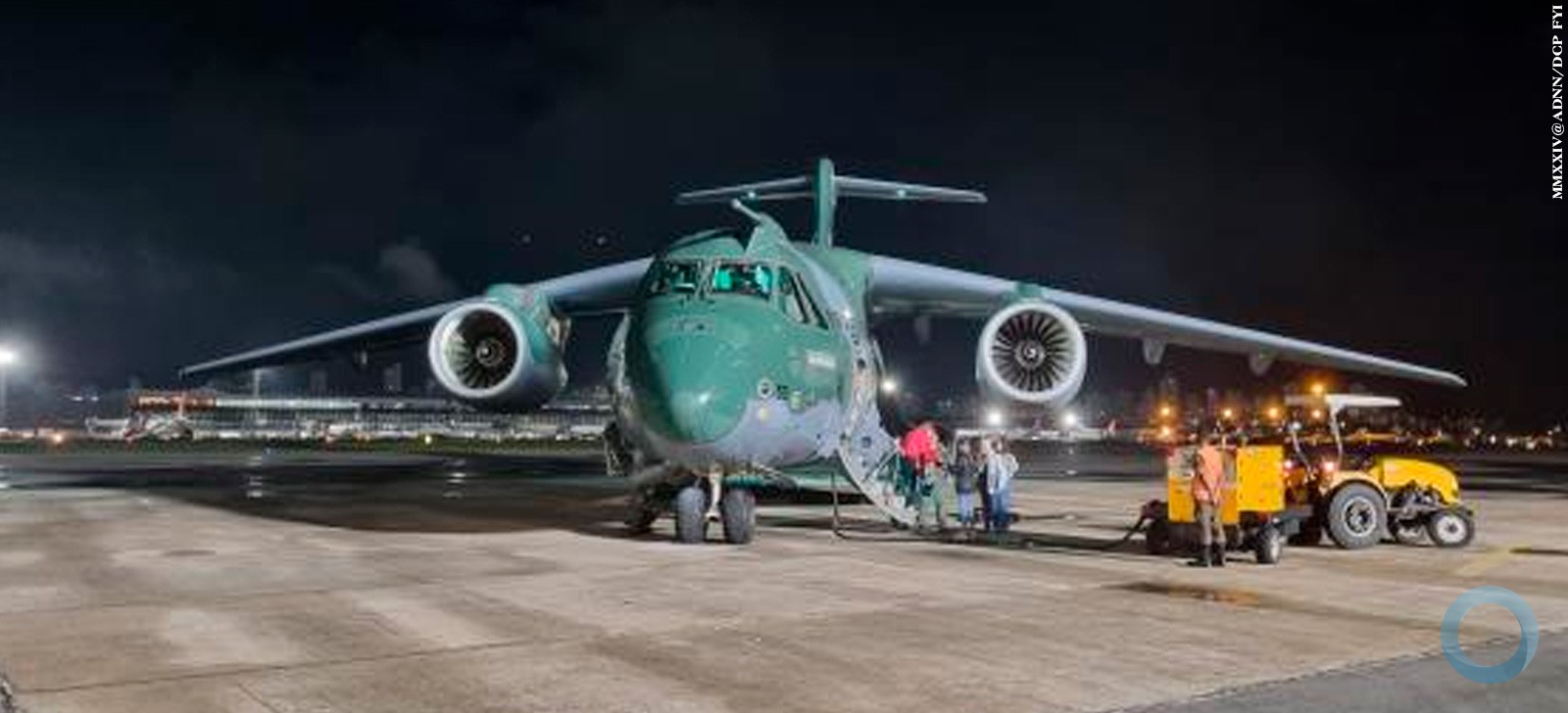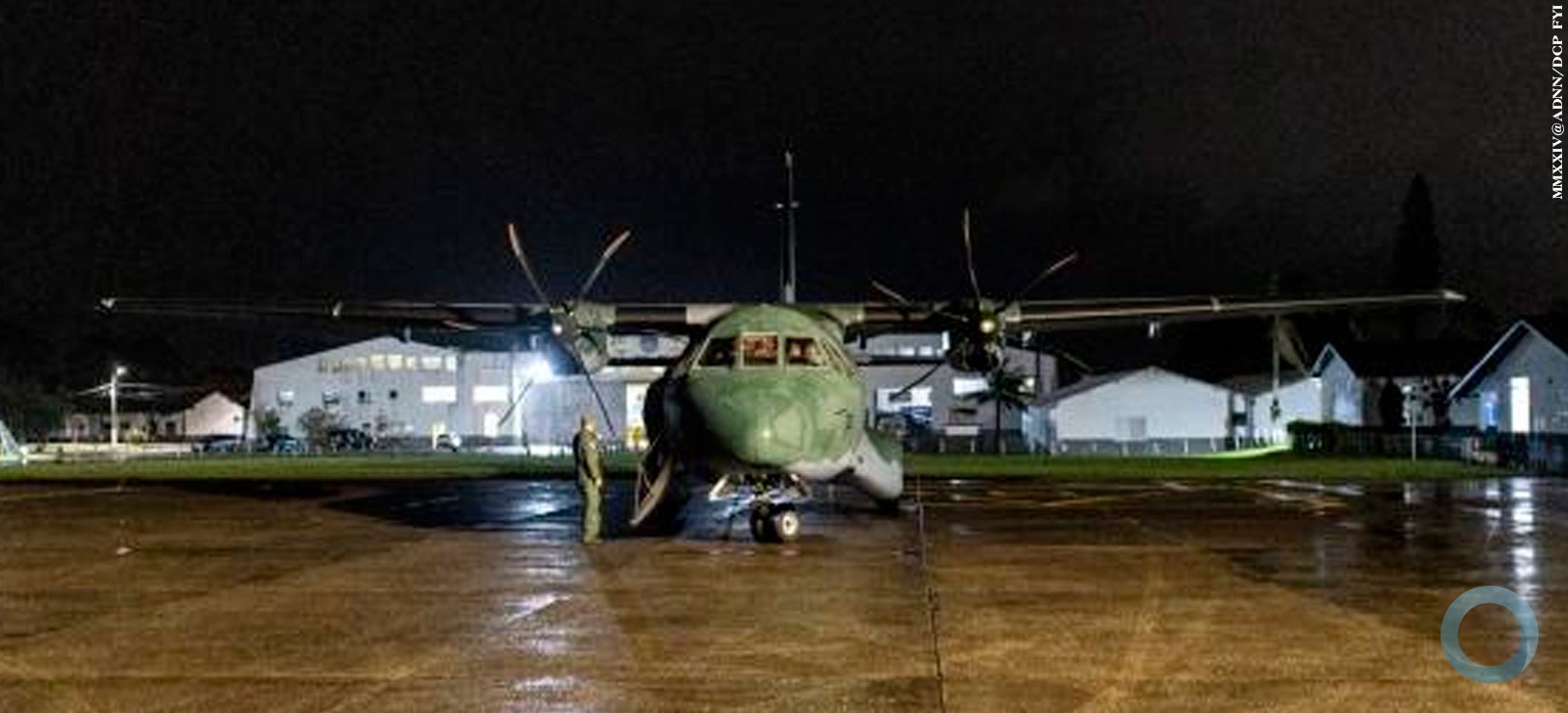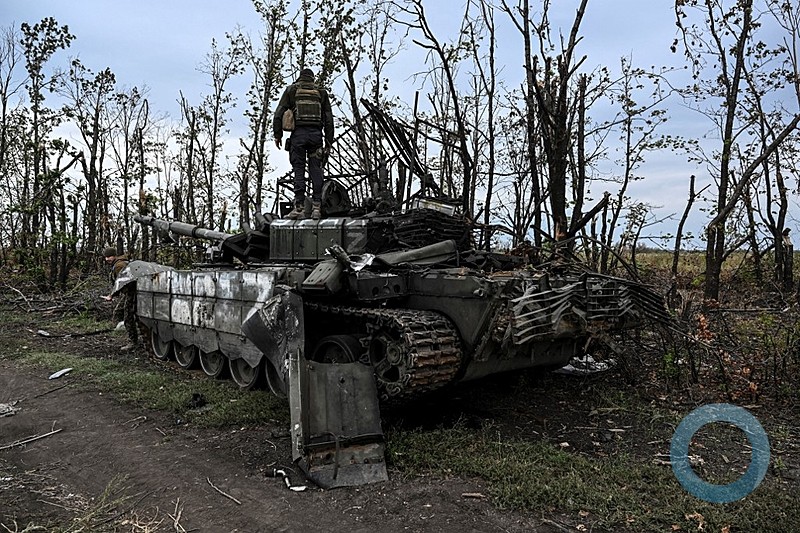|
Note DefesaNet Annual Press Conference presented in two parts. Vladimir Putin’s annual news conference Part I Link Vladimir Putin’s annual news conference Part II Link The Editor |
Released by Kremlin.ru
Part I
December 17, 2020
The news conference was broadcast live by Rossiya 1, Rossiya 24, Channel One, NTV and MIR television channels, as well as Mayak, Vesti FM and Radio Rossii radio stations. Public Television of Russia (OTR) and its site (http://www.otr-online.ru/online/) provided live sign language interpretation of the event.
Representatives of federal and foreign media worked at the World Trade Centre in Moscow. In addition, special platforms have been set up in all federal districts, where representatives of regional media could participate and ask their questions.
During the news conference the call centre continued to accept questions from individuals. Questions could be asked via the website https://moskva-putinu.ru or by using the Moskva-Putinu mobile app.
* * *
Dmitry Peskov: Show me the room, please.
Right there, in the front row, with the “Waste” poster. Let’s have your question.
Olga Armyakova: The front row, please, go ahead.
You can remove the face mask, and don’t forget to introduce yourself. And then ask your question.
Olga Balabanova: Good afternoon, Mr President. Olga Balabanova from Magnitogorsky Metall newspaper, Magnitogorsk.
I have an environmental question, about waste management reform. As everyone is aware, it was officially launched in January 2019, but in fact it began long before that, five years ago. At any rate, a concession agreement was signed and a project was drafted in my city in 2015, but it came to a halt at the government expert review level. It looks as if they have started building [the recycling plant] now.
Why is the reform, which is vitally important for the whole country, dragging on in all regions, and what can be done about this?
Vladimir Putin: I do not think it is dragging on, this reform. There are many problems with organising production but the reform itself is proceeding.
There are several large objectives.
First, we must create a new industry, full-cycle production, when waste is not taken to landfills but recycled for use in other sectors. This is the first objective.
Second, we must ensure proper waste sorting so that by 2030 waste can be separated into different groups for subsequent recycling.
Currently, one of the tasks for the organisers of all this work is to ensure that manufacturers and packaging companies carry more responsibility so that the burden of waste disposal could shift from customers to packaging producers.
Overall, this is a practice typical almost everywhere in the world, and we will adhere to this very practice. For example, in car manufacturing, we charge a recycling fee. It works in our country and in the rest of the world. The same needs to be done in these areas.
I assure you that the Government is dealing with this, as are regional authorities. And they will continue to work on this, no question about that. We allocate substantial resources for these efforts, and there is a solid plan. This money will not be reassigned to any other purpose, and this work will be completed according to plan.
Since you are from Magnitogorsk, you know, one of the questions I have here has to do with Magnitogorsk and atmospheric emissions. The person asking the question wrote about what is happening in Magnitogorsk in relation to atmospheric emissions. Frankly speaking, I was a bit surprised because I know that over the past few years, the Magnitogorsk Iron and Steel Works has invested significant resources into upgrading its production facilities with the specific intention of reducing emissions and, according to the reports I received, the emissions have indeed decreased. And then I read this.
Olga, what do you think? What is happening in Magnitogorsk in terms of atmospheric emissions?
Olga Balabanova: Perhaps, as a patriot (I work for a newspaper associated with this plant), I believe that if waste treatment facilities were built, it is not a window you can open or close, as one of my friends says. It is an entire complex of facilities. My fellow residents may tear me to pieces for my words, but I think that many people take the fog they can see over the left riverbank for smog. In fact, the tank was separated from the plant with a closed circuit system. The water there is warm and does not freeze, which often produces fog. People look at it from the right bank and think that they see smog over the left bank. There are other production facilities in the city, such as a poultry factory, that may produce the smell that people often notice. But I do not think that the situation is as critical as they like to inflate it on social media.
Vladimir Putin: Right, but this inquiry did not come from social media but from a specific person in Magnitogorsk. It is not social media.
Olga Balabanova: We read about this on social media as well. Perhaps there is a problem, but the plant is dealing with it, and I do not think these are just idle promises.
Vladimir Putin: I asked because I know that the plant has invested heavily in reducing emissions, much more than other metallurgical production centres. And in fact emissions have gone down, when measuring in tonnes. So, this came as a surprise to me. It seems that this matter does deserve some attention in general.
Speaking about the environment, we are working on deploying a network of sensors across the country where polluters are especially active. Metallurgical production centres will be first on the list, and the system will be paid for by the companies themselves. I believe we will act accordingly in Magnitogorsk, and we will closely monitor, probably in a more objective manner what is happening there.
Thank you very much.
You know, there was a question earlier, if I may interrupt our presenters, on teachers’ salaries. “A top-category teacher in a rural area working 18 hours, which is full-time employment for a teacher, earns the same salary as a cleaning lady at the same school” – this is what Sergei Stepanchenko wrote us. This is a burning issue. This is why I picked it from this folder with many similar questions.
Do you see what has happened here? I will tell you what happened and what needs to be done.
Why did this happen? We took a decision that the minimum wage cannot be below the subsistence level, which led to an increase in salaries. This led to what you mentioned in your letter: the minimum wage cannot be less than the subsistence level, so the minimum wage went up, and a cleaning lady no longer earns less than minimum wage. She now has a higher salary. This had to be accompanied by an increase in salaries for other categories, but it was not done due to budget constraints. But the government will have to do this regardless. For this reason I would like to draw the Government’s attention to the fact that this state of affairs is far from normal.
Dmitry Peskov: Let us go back to the World Trade Centre. We gave the floor to the most seasoned journalist here, now I want to give the floor to an aspiring journalist. I saw Sergei Shnurov there. Please give him the microphone.
Sergei Shnurov: Good afternoon, Mr President,
Sergei Shnurov, RTVI international channel.
I will leave the high-profile questions about Navalny to my colleagues, I will be nicer this time. Since I work for an international channel, my question is as follows: why did Russian hackers not help Trump get reelected? Have they all gone to the Silicon Valley already? No one is left behind, as you like to say. What kind of job can Trump count on now? Will you provide him with shelter if he asks for political asylum, like Snowden? This was an open-ended question coming from the channel.
Now, a question from me: how can an ordinary Russian, someone representing the majority of the population in our country, describe this life without using profane language?
Vladimir Putin: I will start with the final part of your question. Just go back to the classics of Soviet cinema. Remember, when you have a radiator section land on your foot, you should say, “you dirty so-and-so?” instead of using curse words. Russian is rich enough to let anyone get his or her message across clearly and intelligibly, without resorting to the strong language you referred to.
I want to thank you for not using it now, as you sometimes do, as I understand, from stage, addressing large audiences. Thank you very much for being courteous today.
Why did Russian hackers not help Trump get reelected? I believe that this is not so much a question as a provocation. Russian hackers did not help the incumbent president of the United States to get elected the first time around and did not interfere in the domestic affairs of that great power. This is nothing but speculation and an excuse to degrade relations between Russia and the United States. This is an excuse to not recognise the incumbent US president’s legitimacy for domestic US considerations. In this sense, Russia-US relations have become hostage to domestic politics in the United States.
I believe that, primarily, this is bad for the United States, but it is up to them, let them do as they please. We believe that the president-elect will figure out what is going on. He is a seasoned politician both in domestic and foreign affairs. We look forward to the new administration resolving at least some of the existing problems.
I do not think Mr Trump will need to look for employment. Almost 50 percent of the people voted for him, if you count the number of registered voters, not electors. He relies on a fairly large base in the United States and, as far as I understand, is not going to leave his country’s political scene.
Dmitry Peskov: Let us now turn to Novo-Ogaryovo and the Kremlin pool reporters, who are in the same room with the President.
LIFE, go ahead please.
Alexander Yunashev: Good afternoon, Mr President.
I will take the advice from the young reporter. A number of interesting investigative reports have been released lately, for example, about your daughter, your former son-in-law Shamalov and other people who are allegedly close to you. This week the Alexei Navalny investigation also came out. Could you tell us why a criminal investigation into his poisoning and who did it has not been launched until now?
Vladimir Putin. I see.
It is no surprise that these fake news stories emerge. It has always been this way and always will. There is a battle unfolding in the media space. Nothing new here. Do you remember the terrible developments in the Caucasus and efforts to fight international terrorism? How was yours truly portrayed by the international media and, unfortunately, in Russia as well? Remember how they portrayed me with fangs? I remember all this very well. Still, I have invariably proceeded from the premise that I need to be doing what I believe to be right for our country. When I do something, I do it not for the sake of pleasing someone abroad. This is the first part of my answer.
The second part has to do with my close ones. This report is impossible to read. I flipped through it, since it talks about me, it seems, but it is such a cut-and-paste job, with so many things piling up, that I was unable to finish reading it. What did I want to point out in this regard? The report keeps repeating “the president’s son-in-law” over and over again. At the end, however, he is referred to as the former son-in-law. This is the first thing I wanted to say. Still, in the text they keep driving home the message that he is my son-in-law. So this goes for point one.
The second point is about “President Putin forbidding the elite to hold overseas assets.” There is no ban preventing the elite from holding assets abroad. Public servants cannot have financial assets abroad. This was the right thing to do. They cannot hold accounts or other financial assets abroad. The company in question is 100-percent private. The state does not own a single share in it.
The next question: who received shares in this company and how? It turns out that the company released a statement on this matter and what it thinks about these allegations. The company had a compensation scheme for its senior executives, and Mr Shamalov received stock just like all other senior executives. There are also other programmes for executives at a different level, and they received stock following a different scheme. Nothing special here.
But ultimately, in my opinion, the most important thing is this: just now, aspiring journalist Shnurov asked about our hackers. What is written in the beginning? Note that it says that an unknown, anonymous person is pursuing goals we do not understand and then, apparently, this anonymous person is tracked down. What do I mean? It is said that what happened is similar to the events in 2016 when outlawed Russian hackers associated with Russian military intelligence hacked US Democratic Party members’ emails. Here is your anonymous person. I think we know who that is. Who called these hackers outlaws associated with Russian military intelligence? It was the US Department of State and US intelligence agencies, which are in fact the authors. At any rate, it is completely obvious that it was done upon their instructions. This is the first thing.
The second is that the reference to the insinuation that our hackers, as they believe, interfered with US domestic policy in 2016 means that the purpose of this is clear. The purpose is to take revenge and try to influence public opinion in our country in order to interfere, of course, with our domestic politics. This is absolutely obvious. It is absolutely obvious to me and, I think, it will also become clear to the majority of readers if they pay attention to the things I have just mentioned.
But to this end, I would like to emphasise the following:
One should be driven by… now I want to address those who ordered these publications, not those who actually wrote them. I know that if they get an assignment from intelligence services they have to write it. But those who order these kinds of articles, should not be driven by revenge or act on the assumption of alleged exceptionalism; instead, they should develop relations with their international partners based on mutual respect and the fundamental standards of international law. Then we will be able to achieve shared success in the areas that are essential to all of us.
Now, with regard to the patient of a Berlin clinic. I have already mentioned it many times, and can repeat only certain things. Mr Peskov told me just yesterday about the latest speculations in this regard concerning our special service officers’ data and so on. Listen, we are perfectly aware of what this is all about. It is about legalisation the first time around and now. This is not about an investigation. This is about legalising the materials from the US special services.
Do you really think we are unaware of the fact that they are tracking locations? Our special services understand this well and are aware of it. Officers of the FSB and other special services are aware of it and use telephones whenever they believe they should not be hiding their location, etc. But if this is so – and rest assured that this is so – it means that this patient of a Berlin clinic has the support of the special services, those of the United States in this particular case. And if this is the case, then it gets interesting and the special services should, of course, be looking after him. However, this does not mean at all that he must be poisoned. Who cares about him? If they really wanted to, they would have, most likely, carried it through. His wife addressed me, and I gave the green light to have him treated in Germany that very second.
There is one important thing that the general public is not paying attention to. It is a trick to attack the people at the top. Those who perform it thus propel themselves up to a certain level where they can say: see who I am talking to? I am a person of the same calibre, so treat me as a person of nationwide importance. It is a well-known trick that is used in political dealings around the world.
I think, though, that something else, not these tricks, should be used to gain people’s respect and recognition. You need to prove your worth either by doing something important or by putting together a realistic programme with specific goals that can be implemented in a particular country, Russia, in this particular case.
I urge the opponents to the current government and all political forces in our country to be led not by personal ambitions, but by the interests of the people of the Russian Federation, and to come up with a positive agenda in order to overcome the challenges facing the country. And we have many of them.
Dmitry Peskov: Moving on to Rostov-on-Don.
Go ahead, please.
Aina Nikolayeva: Good afternoon, Mr President. Good afternoon, colleagues.
We are here at Don State Technical University. This is where the staff for the region’s major manufacturers like Rostselmash is educated. But today we have people with a humanities bent, mostly my colleagues, journalists. If you allow me, I will not waste your time anymore and pass the microphone to them.
Sofia Brykanova: Good afternoon.
Thank you for giving me the opportunity to ask a question.
Mr President, I have what has become a traditional question for your news conferences, about Donbass. It is invariably relevant to our region.
Aina Nikolayeva: Please, introduce yourself.
Sofia Brykanova: I am sorry. Sofia Brykanova, Don-24 news agency.
I have the following question: what prospects do you see for settling the conflict in Donbass and what, in your opinion, does the future hold for Russian-Ukrainian relations?
Thank you.
Vladimir Putin: Regarding the future of Russian-Ukrainian relations, this largely depends on the Ukrainian government, rather than Ukraine itself, I would say. After all, all the preceding heads of state, just as the current one, Vladimir Zelensky, came to power with slogans on unifying the country, which, at the end of the day, included building a relationship with Russia. But they have not been able to deliver on this promise so far. In fact, on their way to power they garner support from a majority of the people and voters, but when they get there, they hesitate and start looking back at the extreme nationalist forces. I think they simply lack the political courage. And the process stalls.
This is what is happening right now, more or less. Thank goodness, when we met in Paris within the Normandy Format, we agreed on ending hostilities. This is holding, which is a major achievement. An exchange of detainees has taken place.
However, there has been no progress in removing economic and social restrictions. In fact, nothing has been done to advance a political settlement. Moreover, officials in Kiev have said time and again that they do not intend to abide by the Minsk agreements and have suggested revising their key provisions.
I would like to draw your attention to the fact that the Minsk agreements have been confirmed by a UN Security Council resolution, which means that they are international law. As such, they cannot be subject to unilateral revision. They have to respect the other side that signed the agreements, namely Donbass representatives.
For these reasons, I believe a settlement is inevitable. It will happen sooner or later. The question is when. Let me reiterate that this largely depends on the current Ukrainian government.
Russia will keep supporting Donbass as it has been. We will even increase our support. This includes supporting manufacturing, resolving social and infrastructural issues, etc. We will calmly proceed in this direction. Make no mistake, we understand the complicated situation in Donbass. Again, we will remain proactively involved not only on the humanitarian front, but also through direct cooperation.
Dmitry Peskov: Now let’s take a question from Nizhny Novgorod. Nizhny Novgorod, please.
Yevgeny Khvan: Good afternoon, Mr President, Mr Peskov.
This is Nizhny Novgorod, the capital of the Volga Federal District. We have more than 70 journalists in our studio today. Of course, I can see everybody holding colourful posters. But allow me, as moderator, to choose a question based on the format of this news conference. Mr Peskov, will you allow me or will you choose yourself?
Dmitry Peskov: Of course, go ahead.
Yevgeny Khvan: Please, colleague with the poster saying “Online.” Since this is an online conference; don’t forget to introduce yourself.
Oleg Kashtanov: Good afternoon, Mr President.
Oleg Kashtanov. Izvestia Mordovii, Saransk.
My question is about online education. This is a widely discussed matter. Last spring, our schools and universities had to switch to distance learning. I would like to know your opinion: do you think our higher education system and our schools tackled this challenge successfully? And could you be very specific? Because people are asking if this online education system is here to stay. And in this difficult time, could it be that the quality of education is declining? And, as a result, are graduates less qualified?
Vladimir Putin: Oleg, look, there should be a distinction between online education in schools and online education in colleges and universities. We have 39,900 schools in the country and only 2 percent are teaching online while a small part are using a mixed format and a major part are operating as normal. As for universities, all of them were asked to consider switching to remote classes.
Regarding schools, I have plenty of notes here on their preparedness and technical capability to administer online learning, and I will talk about this in more detail later when I answer the written questions. But, of course, there are problems. There are problems with hardware because many people don’t have computer equipment. There are also problems with internet access and even access to phones. These difficulties exist, especially in small towns.
What are we going to do? In 2021, all schools in the Russian Federation will be provided with access to high-speed internet. Some schools already have the internet, but in 2021, all schools must have it. This is the first thing.
As for higher education, we have allocated support for universities twice this year, in July and in the autumn, with financial resources to support remote activity. And they are supposed to expand their capabilities in online learning, as independent economic entities, with the government support I just mentioned. This support has been provided twice this year.
Now, on the quality of education. Of course, the online format will never replace a direct face-to-face interaction between students and teachers. At any rate, it will not happen for a long time. I think I do not need to go into detail as everybody understands what I mean. Nevertheless, an online format of education will be used; it exists and, of course, will be developed further both at schools and at universities.
You know, just yesterday I spoke to some colleagues of mine. What can we project for the future? For example, it is not always possible for an expert in a very specific area to be present in several places at once, at several schools. Besides, this expert may be busy with his or her own research. But he or she can teach online. And we should certainly use this opportunity.
The Sirius educational centre in Sochi, which is known around the country, is using it. Many other educational centres, universities and schools are using it as well. This will need to be done in the future as well. People want it, it has become a part of our life, and we need not be afraid of it.
However, these capabilities should not be overstated, either. Mass online education is not here for the rest of our lives, not forever.
Now, with regard to quality.
I think that your real question – I believe you do have a sort of covert question – I said that e-learning will never replace in-person contact. Probably, the quality… In some respects, there is an upside where you can listen to internationally renowned scholars, but in some respects, the quality may suffer. Therefore, a mixed system would be best.
There is another aspect, a sensitive one. I am aware that it is important for the students who, in some cases, even go to court complaining that they paid for in-person training, and online classes cannot provide the same quality. I know what they mean and, to a certain extent, I share this view. But there is another side to the coin. If a teacher, a professor or an assistant professor delivers lectures for a certain number of hours, offline or online, he or she gives them anyway, why should they be paid less? You see, this is a big question.
If we look at the cost structure of a higher education institution, about 70 percent of it is wages. Therefore, higher education institutions have almost no “extra fat” that they could use to reduce online tuition fees. Otherwise, we would have to close some higher education institutions. Some experts believe there are too many of them, especially in the capital cities, so they need to merge. This question has long been raised by higher and secondary education specialists.
I am taking a very careful approach to this matter now: nothing should be overstated here, and you should not get ahead of yourself, either. However, if a university can afford to tweak its finances, then, probably, they can reduce tuition where training is provided mostly online. The state, as I have said, provided financial support twice this year. We are prepared to continue to do so in the future relying on the actual state of affairs in higher and secondary education.
Thank you.
Dmitry Peskov: Tula. The camera in Tula is pointing at a young lady holding a sign that reads “I’m pregnant.”
Young lady, go ahead and ask your question.
Alexandra Bezukladova: Good afternoon, Mr President.
Alexandra Bezukladova, Moskovsky Komsomolets in Ryazan.
Mr President, we always hear that this official is corrupt, that one does not do a good job. Still, there are many positive examples around the country with officials ready to sacrifice to serve the interests of our country. In fact, my question is on one of such officials.
On October 7 (your birthday) there was a fire at a military post in the Ryazan region where 46,000 tonnes of ammunition exploded. The fire swept through nearby communities, and people there were in hell, which is not an exaggeration with the shrapnel and shells flying around and fires everywhere. Many locals were simply unable to leave their homes and apartments on their own and needed help, and a local official saved seven people. At first, he saved two elderly people, getting a blast injury in the process, and later he returned to save a mother and her two kids, eight and five months old, as well as two more seniors. And all that was happening with shells flying around.
Mr President, people from our region have collected signatures under a petition to award the title of Hero of the Russian Federation to this man. His name is Igor Grekov. Mr President, Emergencies Minister Yevgeny Zinichev was at the site of the explosion and saw everything with his own eyes.
Mr President, does Igor Grekov deserve, in your opinion, to be awarded this title for saving human lives in a time of peace while risking his life?
Vladimir Putin: Sasha, I will answer your question, but first I have one for you. What does this have to do with the fact that you are pregnant? I did not understand this.
Alexandra Bezukladova: Mr President, let me fill you in on the context. It just so happened that last year I came to your news conference two weeks before giving birth, and I did not get a chance to ask a question. This year, God willing, I am once again pregnant, so I decided to try my luck, and it worked. I thought that if I made a bright poster saying I was pregnant, it would be noticed. And it worked, thank you.
Vladimir Putin. I see; you tricked us. Ok, it’s not such a big deal.
Regarding Igor Grekov: it was truly a heroic deed. If in time of peace a person risks his life to save others, he definitely deserves a state decoration. We will see what kind of decoration this should be. Thank you very much, Sasha, for drawing our attention to this. This means that you are a caring, warm-hearted and good person. This does you credit, no doubt about that. And your children will grow up in a positive environment. I wish you all the best.
We will definitely look into the situation with Igor Grekov as you said. Is that okay with you?
Alexandra Bezukladova: Thank you, Mr President.
I cannot help but note one thing. The Russian Popular Front Forum scheduled for this year was postponed. A colleague of mine submitted a video for the forum; for some reason the video was leaked online. Now my colleague has been ostracised. Being journalists, we would like to know that, if you report a socially important problem in the region, it will not become public before the event. Journalism is becoming unsafe, to put it mildly.
Vladimir Putin: Why did this harassment begin? I am not sure I understand.
Alexandra Bezukladova: My colleague reported a heating supply problem at the Novo-Ryazanskaya Power Plant, which has the monopoly in the region. And I do not know who or how leaked it. My colleague and the Russian Popular Front Executive Committee were the only parties that had the video, but it ended up on social media. What followed was paid videos involving journalist Andrei Karaulov. These videos are all over social media and public groups; they contain insults, libel and so on and so forth, down to defamation and personal insults.
Dmitry Peskov: Excuse me. This volunteer next to you will write down the details.
Alexandra Bezukladova: Thank you very much.
Vladimir Putin: Just a moment, Mr Peskov. Let Sasha talk.
So your colleague reported about the Novo-Ryazanskaya Power Plant, is that correct?
Alexandra Bezukladova: Mr President, my colleague is right here. He can answer all your questions, if you like.
Vladimir Putin: Give him the microphone, please.
Anton Nasonov: Good afternoon.
Anton Nasonov, Editor-in-Chief of 62INFO, Ryazan.
I am one of the winners of the Russian Popular Front’s national competition, Truth and Justice. I prepared a video report on the city’s problems related to the Novo-Ryazanskaya Power Plant. The video, which was only available to me and to the Russian Popular Front in Ryazan and in Moscow, was leaked on social media. As Alexandra said, I am being insulted, accused of corruption, etc.
Vladimir Putin: What kind of corruption? Anton, listen, I cannot figure out who is accusing you. You are fighting for the interests of the public. Who is accusing you? What kind of corruption? Who did you sell out? I do not understand. You did not poison or kill anybody. What kind of corruption are you talking about? What did you sell? I do not understand.
Anton Nasonov: They think my criticism of the Novo-Ryazanskaya Power Plant is unfair.
Vladimir Putin: I see. Fine. I think you understand, Anton, that your work involves certain risks. There is no getting around this. On the contrary, I think that this outcry, which was part of a paid-for campaign, as I see it, should have taught you that you are on the right track.
As for the Novo-Ryazanskaya TPP, I do not know what the problem is there, and I have not seen your reports, but I will ask my colleagues from the relevant agencies to look into this. They will definitely do so.
Is this a private TPP? Who does it belong to?
Anton Nasonov: It is a private entity that leases capacity and equipment from the city of Ryazan.
Vladimir Putin: Ok. Fine. I will definitely look into this and ask the relevant agencies to review your reports.
Thank you very much. Cheer up and be brave. There is nothing extraordinary here. This is how life is. There is a lot of nonsense in the media about me as well. What can I do?
Ok, all the best to you. Good luck.
As for Igor Grekov, who is he? What kind of official is he? Sasha, where does he work?
Alexandra Bezukladova: He is Deputy Governor of the Ryazan Region.
Vladimir Putin. Deputy governor. Very well, he did a good job.
Thank you, Sasha.
I have another paper, this time from Volosovo in the Leningrad Region. This is what Anatoly Terekhov writes. He had a conversation with an official (probably in Volosovo). Anatoly came to ask a question, and the official told him: “Did Putin promise you this? Then go and ask Putin. I did not promise anything.” This is followed by a question: “Why do officials behave in such an ugly manner in their offices?” There are people of this kind.
Mr Terekhov, I would like to draw your attention to what Sasha has said. There are people like Igor Grekov, and there are those like the official you are talking about. There are different kinds of people in every sphere of activity. In fact, there is a rotten apple in every barrel. As for the fact that someone has treated you poorly, we will try to figure it out. Anyway, I will ask the governor to get in touch with you and get everything straight.
Mr Peskov, let us move on.
Dmitry Peskov: St Petersburg, we have not been to St Petersburg yet.
Olga Knyazeva: Mr President, Mr Peskov, good afternoon. Greetings from St Petersburg.
We have journalists here from all over the Northwestern Federal District. Please note, our signs are modest, nothing flashy, just a taste of refined St Petersburg. Shall we begin? Can I pick a journalist?
Dmitry Peskov: Yes, of course.
Olga Knyazeva: I really like this explicit question from the daily, Sankt Petersburgskiy Dnevnik: when will the borders open? I read it out loud, I am sorry. I could not resist.
Vladimir Putin: I see. Is that the question?
Kirill Smirnov: Good afternoon, Mr President.
Kirill Smirnov, Sankt Petersburgskiy Dnevnik.
Yes, my question is when will the borders re-open? You know, just a few weeks ago St Petersburg was recognised as a top international tourist destination. It out-ranked Paris, New York and Rome, which are serious competitors.
Opening borders is important from the viewpoint of budget revenue. We are aware that work is underway to resume passenger flights. There are countries that few Russians have ever been to, but air transport has been resumed with them. The tourism industry is the missing link in the revenue structure. It is important to know, even though the pandemic is a very important now, is there a chance that the borders will re-open any time soon? Thank you.
Vladimir Putin: Kirill, you and I love St Petersburg. I think that most people in our country also think highly of our hometown. To those who have not yet been to St Petersburg, I highly recommend doing so, as it is one of the best world capitals, without a doubt. Of course, it is a tourist magnet. We are helping St Petersburg in every possible way, including with visa services for visitors, including those coming by ferry. We are trying to create other favourable conditions so that the tourism industry expands throughout the country and in St Petersburg as well.
My congratulations to St Petersburg on wining this international competition. No doubt the city deserves it, not just because of its marvellous world-class architecture by the best architects from around the world like Rastrelli, Trezzini, etc., but also because today’s St Petersburg is a vibrant city that created new urban environments, overpasses and roads. It is proactive in infrastructure development, with outstanding new buildings, including culture and sports venues, Gazprom-Arena, and other landmarks. This is all very well. St Petersburg can host competitions at the highest level, and is already doing so. In fact, it has been quite good at it, serving as a model. All this, of course, attracts people to St Petersburg.
Is the closing of the borders in any way related to attempts to impose restrictions on St Petersburg? What is the current situation with COVID-19 in the city?
Kirill Smirnov: Of course, the incidence rate is high, even in terms of the averages. This is why the restrictions that we have in the region were introduced, including for the New Year holidays.
Vladimir Putin: This is what I am talking about. About 85 percent of COVID-19 hospital beds in the country are filled, and St Petersburg has an even higher figure. This is what these restrictions are all about. We need to protect the lives and health of St Petersburg residents. As soon as doctors give the green light, the borders will open.
In general, it would be great if Russian nationals explore domestic tourism opportunities more. They can benefit from the related government support measures and go to St Petersburg. There is no need to open borders for this. But as soon as it becomes possible, we will do it.
Air travel has been among the affected sectors. In this sense, it is definitely important to enable airlines to serve Russian destinations and for our companies to operate overseas routes. We have 32 million people flying abroad every year. Let’s redirect this passenger flow to St Petersburg. These people spend $35 billion abroad every year. If we can attract them to domestic destinations and thus promote domestic tourism, this would be great. St Petersburg deserves it. I am certain that we will succeed. It will happen as soon as it becomes possible.
Dmitry Peskov: Could you show the journalists in Novo-Ogaryovo, please?
Channel One has not yet asked a question.
Konstantin Panyushkin: Good afternoon.
Konstantin Panyushkin, Channel One. I would like to go back to pre-pandemic times early this year when you and the Government did not have to deal with manual anti-crisis control. At that point, you were talking about a big step forward and it seemed to journalists that the Mishustin Government had things in place to reach this goal. However, many big, ambitious plans had to be suspended and, as we see, even the implementation of certain national goals was delayed until 2030. Hence, some questions.
As for the national goals, is the coronavirus to blame for this delay or was Alexei Kudrin right when he said the national projects would not help achieve our national goals by 2024?
What about the Government? Do you think Mishustin’s team is meeting expectations? There were some replacements recently, and it is rumoured that there will be more.
And the last question – about the leap forward. When will this be on the agenda again? Thank you.
Vladimir Putin: Our strategic goals have not gone anywhere and have not been suspended. Of course, the coronavirus made its adjustments. I have already said that we had to delay some programmes by half a year, for instance, the development of primary healthcare because we had to find the resources for promptly resolving the problems of countering the coronavirus and supporting our people and badly affected economic sectors.
Look, 838 billion rubles have been spent on direct support for people alone. These are huge funds, and we had to use them for this purpose, as well as for the support of affected industries. But nobody has cancelled our strategic goals. And the Government is doing well.
Now we are considering retail prices. I know that your channel showed our discussion with some Government members in this context. I think some Government officials missed this moment and did not react in a timely manner. But in general, especially considering the pandemic, the Government has been very effective and very busy. I can say without exaggeration that they work day and night. And, of course, we can and should thank them for this.
As for position changes, this is up to the Prime Minister. He has the right to select his own team. I approve these changes; I do not see any other. The Prime Minister is not initiating anything further in this respect. It seems to me it is necessary to ensure the smooth operation of the established team, and stability is required. This is my answer to part of your question. Nothing else is planned at this point, no more personnel changes.
As for our strategic goals – yes, the Government was formed to carry them out. I believe it is doing well with these goals. Let me repeat that all of our goals have been determined. Obviously, there was criticism in the beginning: are we able to reach these national development goals using the instruments we call national programmes and national projects? Overall, yes, there are questions that require additional attention and analysis, but generally, we discussed all of them with the regions. And, despite this pandemic we will continue developing the country. Again, the example of primary healthcare: we planned to spend 500 billion rubles, plus 50 from the regions, on this, and this is what we intend to do. We are not using these funds for anything else. Everything will proceed according to plan.
Dmitry Peskov: Okay, let’s continue in the middle. NTV.
Vladimir Putin: Excuse me, I just promised to listen to that young lady over there. Give her the mike, please.
Aisel Gereikhanova: Thank you.
Aisel Gereikhanova, Rossiyskaya Gazeta.
Mr President, why was the Constitution amended this year? Why now?
Vladimir Putin: You know, there is a proper time for everything. There is a proper time for fighting rising prices and there is a proper time for changes to the Fundamental Law. Many things were impossible before.
First of all, I would like to say that the fundamental provisions of our Constitution remain unchanged, which is very important. The 1993 Constitution was adopted in the difficult conditions of public opposition and, let’s face it, amidst the military action in the Russian capital, Moscow. People were killed; automatic weapons were used and tanks fired at the parliament building. Those were the circumstances in which the Constitution was adopted. Our minds are such that we try to forget the worst memories, but those events did happen and here at home. The Constitution was adopted under those conditions and, to a certain degree, it played a stabilising role and helped restore civil peace, and created a certain political foundation for development.
Now the situation is different. And we needed to change the Fundamental Law based on the current situation. We did not change it per se but made some corrections and amendments. Some of these things were not possible before. For example, social guarantees related to the necessary adjustment of pensions for inflation. What do I mean? Back in 1993, how could we include the government’s obligation to adjust pensions for inflation under the Constitution? Pensions were delayed for six months. Neither military pay nor pensions were paid. That actually happened.
Now things are different. Now we must make sure that our current and future leaders cannot shrug this off because the foundations of the Russian economy allow it. Therefore, this measure can and must be included in the country’s Fundamental Law, along with the problems related to alleviating poverty. Earlier, your colleague said that many Russian families are struggling. Yes, it is true. But the minimum monthly wage cannot be below the subsistence rate. Can we achieve that? I think we can. Therefore, this requirement was included in the Constitution.
There are other problems as well. I read the question about the janitor and the teacher. The cleaners who receive subsistence-level salaries saw their minimum wages go up, while the salaries for other categories of employees were not adjusted. However, the state will have to do this now, based on the Constitution, among other things, because the minimum wage cannot be lower than subsistence-level pay. You see, it is all related. Yes, efforts will have to be made to comply with the Constitution. This is the point behind these changes.
Alternatively, for example, we spoke about primacy. We enshrined the supremacy of Russian constitutional law over all sorts of international norms in the amendments to the Constitution. Or, take the inviolability of our territory. Could we do this with the state of our army in 1993? Well, we could. You can say anything you want. Could we ensure it? No. You cannot use a nuclear bomb in every conflict, can you? Our conventional armed forces were in shambles. I already mentioned this. We were unable to put together 50,000 capable troops from an army of over a million servicemen to fight international terrorists in the Caucasus.
Now, the situation has turned around, and even our opponents, as I call them, are saying, indeed, there are fewer of them, but they are much more efficient now. Russia has one of the most efficient armies in the world. We can now enshrine this in the Fundamental Law. This situation is ripe; we did it and did it at the right time.
By the way, how many amendments were there? We received thousands, if not hundreds of thousands of them. I want to thank our citizens for their participation and for the fact that we held an all-Russian vote on this issue. Many people came to the polling stations. In fact, it was a referendum. Citizens authored the amendments to the Fundamental Law of the Russian Federation. This is important. It had to be done, and I would like to once again express my gratitude to everyone who supported the amendments to the Constitution.
Dmitry Peskov: We have not heard from Stavropol yet. Stavropol, go ahead, please.
Pavel Krasnov: This is Stavropol, in the south of Russia. We could even compete with Rostov-on-Don for the title of the southernmost location today. The Southern Federal District is, of course, located there, but in geographical terms Russia’s southernmost point is in the Caucasus.
Here in this room we have journalists from the North Caucasus Federal District, and they are ready to ask their questions. If there are no objections, let’s give them the floor. Mr Peskov, if you delegate your authority to me…
Dmitry Peskov: Yes, please.
Pavel Krasnov: I think that the first to speak on behalf of the Caucasus should be a woman. Go ahead, please.
Zarina Cherchesova: Thank you.
Zarina Cherchesova, radio broadcasting service of the Alania State Television and Radio Company.
There is no getting away from coronavirus-related topics. It is stuck deep in our heads. All sectors have suffered during the pandemic, especially healthcare, although this sector was suffering even before the pandemic from low salaries and destructive optimisation policies. At the same time, the regions have started revising their priorities, and developing domestic tourism is one of the key tasks today, and this is very important for South Ossetia.
Mr President, with this in mind, I would like to know what your plans are for supporting this sector of the economy moving forward. In many countries this sector accounts for a substantial share of budget revenue, for example in Turkey where there are all kinds of various preferences.
I must say that South Ossetia has always been famous for its health resorts and unique springs. Today, South Ossetia has all it takes to develop tourism, including mountain skiing, gourmet tourism and most importantly, balneotherapy.
There is one issue, however, which is infrastructure, and the region cannot resolve this without federal support.
Thank you.
Vladimir Putin: We started talking about this in relation to St Petersburg: they are waiting for the borders to reopen and foreign tourists to come. You probably heard part of my answer; I was saying I believe it is very important to give our people the opportunity… our people are mostly used to vacationing abroad; 32 million of them travel. It is no less important to develop domestic tourism, I fully agree with that. This year, as you can see, we are trying to use various incentives, including the so-called cashback– a partial refund of the cost of their trips.
But there is something you need to know. We have 15 billion rubles for this cashback – but only 1.2 billion have been spent. However, we agreed with the Government that we will not redistribute this money but will use at least the same amount next year, and will try to expand this kind of incentive. This offer was not promoted as much as we needed, so I would like to ask you and your colleagues, the media, those who work online: would you please support the development of domestic tourism, show and talk more often about the opportunities that our country and its various regions offer for our own citizens and guests from abroad.
I certainly know, I understand, and I see people who say, yes, it is so beautiful, but excuse me, there is no toilet, no place to wash our hands, no restaurants and poor roads to drive or walk on. We are perfectly aware of this; it takes time and, of course, huge investment. But first, of course, we assume the money will come from the businesses that operate in this area.
The government should provide the necessary support, of course, infrastructural primarily. We will allocate appropriate funds for this; the money has been earmarked. As I have said, we will support business in general, including regional businesses, and an agency is being created that is responsible for domestic tourism exclusively.
Very recently, the day before yesterday or even yesterday, I spoke with Dmitry Chernyshenko, who is responsible for this industry in our country, and he is very actively involved, he is fighting – in fact, he is your active supporter. We are aware of how important this is for the country as well.
You mentioned Turkey. It is close. For many decades, it was building a system and the state provided a lot of support for the industry. This is not an exception; I mentioned several examples. South Korea, for one, developed a whole system of government support for shipbuilding, through taxation. Later they brought everything back to normal and now it is South Korea that is building the largest capacity ships. Turkey did the same with its tourist industry. We will also move along a similar path. As for the funds that were allocated, let me repeat, the 15 billion for this year will be rolled over to the next one.
Dmitry Peskov: We have been going for more than two hours. Those who have disposable masks do not forget to change them. If you do not have one, our colleagues will provide you with fresh ones.
I promised to give the floor to NTV.
Vladimir Putin: Mr Peskov, just a second.
To follow up on the issue, let me say that we already had a question about the internet and the opportunities to study online. I have many questions: quality of communication and the internet – this is urgent, especially for those who study online. This is clear.
I have already said that we will introduce high-speed internet everywhere, at all schools in 2021. And, of course, it is very important to provide it in residential areas: before the end of 2021, a universal system of communications – both the telephone and the internet – must be created for residential areas of with 250 to 500 people. This is before the end of 2021. I will not go into detail at this point because there are many questions about it. The people in these residential areas sometimes ask odd questions: “Do we have to climb trees, really?” and so on. I understand all this; there are difficulties. But this problem must be resolved before the end of 2021. We are allocating 12.6 billion rubles for this purpose. It is envisaged in the budget and will be spent on this. I hope it will be spent in a way that makes people feel the change in quality.
By 2030, we will resolve this problem for residential areas with 100 to 250 people. This is a major expense, but we will do it all the same.
I said this to break up Mr Peskov’s dictate.
Dmitry Peskov: Now let us give the floor to NTV.
Vladimir Putin: Yes, do please.
Dmitry Peskov: Please, give him the microphone.
Sergey Kholoshevsky: Third time, lucky.
Good afternoon, Mr President.
Sergey Kholoshevsky, NTV television.
Vladimir Putin: Good afternoon.
Sergey Kholoshevsky: My question, with your permission, is about foreign policy and our so-called Western partners. Who of all world leaders, in your view, has been the most difficult negotiating partner and who was the most agreeable over the past four years? I, for example, remember you giving a geography lesson to Mr Macron and Ms Merkel at a G20 Summit in connection with the incident in the Kerch Strait. And what about Donald Trump? Or Recep Erdogan? You discussed Nagorno-Karabakh with him; he is an interesting person. To say nothing of Alexander Lukashenko – he must also be good company.
If you allow, I have another question regarding the Nord Stream 2 project. The United States is bringing unprecedented pressure to bear on Europe in connection with this project but, amazingly, Europe, in particular Germany, have stood up to this pressure.
What are the prospects for it do you think, will we finish the construction or not?
Vladimir Putin: Regarding convenient and agreeable or unpleasant partners, there are no such people. And I do not need to give lessons to anyone. All of these people are very knowledgeable. Believe me, these people have received top-level training. All of them seek to address the challenges facing their countries – and this comes first – through different methods, but still.
There is a well-known maxim: there are no good or bad interests, there are only national interests. The same with me: I do not divide people into good and bad. I work with everyone to secure the best results for Russia. Sometimes there is a need for compromise and sometimes it is necessary to stick to your position. It is always like this. Anything else is counterproductive.
You mentioned several, but not all countries with which we maintain comprehensive and complex relations. What about China? We have overlapping interests in many areas. Maybe this or maybe some personal vibes have contributed to the fact that I have good, business-like relations, above all, but at the same time very trusting and friendly relations with President Xi Jinping. This, of course, helps in our work.
We have different, occasionally opposing views on certain matters with President Erdogan. But he keeps his word like a real man. He does not wag his tail. If he thinks something is good for his country, he goes for it. This is about predictability. It is important to know whom you are dealing with.
Nord Stream 2 is undoubtedly beneficial for the EU’s economy in general and Germany’s in particular. Because the other option (buying more expensive primary energy source, US-produced liquefied gas at a 20 percent premium over our pipeline gas) means a dent in the German economy’s competitiveness and higher prices for households. That is all there is to it. This is obvious, and you do not need to be a gas expert or an economist to understand this. This is in line with the national interests of Europe and Germany. At least until now, representatives of the German economy have openly supported this project. We have many friends there, without any exaggeration, and Germany’s political leaders try not to interfere, since this is a purely economic project.
There are 160 kilometres left to build to complete the single line. Both lines are a little over 160, 165 or so, kilometres. That is it. It is almost completed. I think we will finish the job. I hope that the new administration will treat its partners and allies with respect, will not insist on them neglecting their national interests, and will return to fair competition in global markets. I believe this project will also be fully implemented.
Dmitry Peskov: We have not heard from the call centre in a long time. Let us go to the call centre.
Nailya Asker-Zade: We thought you forgot all about us, but there are many questions here, and their number continues to increase. Let me remind you that questions to the President can be asked on the moskva-putinu.ru website or mobile app. You can record a video or send a text message.
Let us get back to our volunteers. Sasha Pechenegin is here next to me now. During the pandemic, he and his colleagues processed more than 19,000 requests from people, including those for the delivery of medicines.
Sasha, could you tell us what questions you received today?
Alexander Pechenegin: Indeed, we have many questions now concerning benefits, social support measures, especially from mothers. People are interested whether there will be any new payments, because right now, people in various regions, such as Arkhangelsk, Ulyanovsk Region, and Tambov Region, I could list many regions, where people do not even know what they are entitled to, or where to go. In Moscow, for example, they complain about the integrated government service centres, which closed due to the coronavirus before people could apply for their benefits, and that service has been inactive on the gosuslugi.ru website. That is why people are concerned, because they do not know where to go.
In this regard, perhaps the most important question. Mr President, are any more child benefits planned for next year? Because more often than not, it is a problem, and the government assistance now being provided is actually the only help they get. Thank yo






